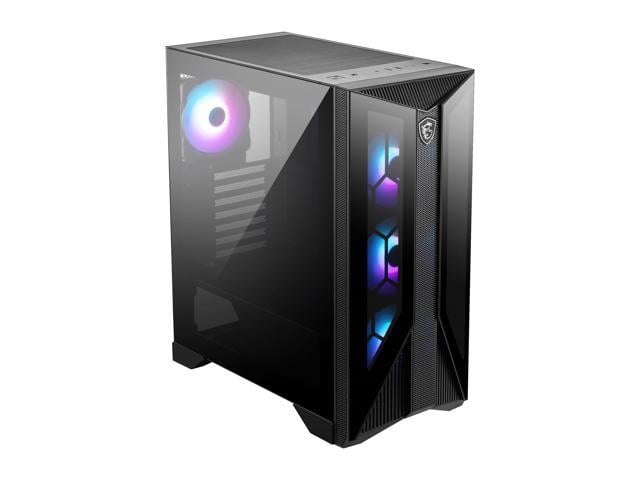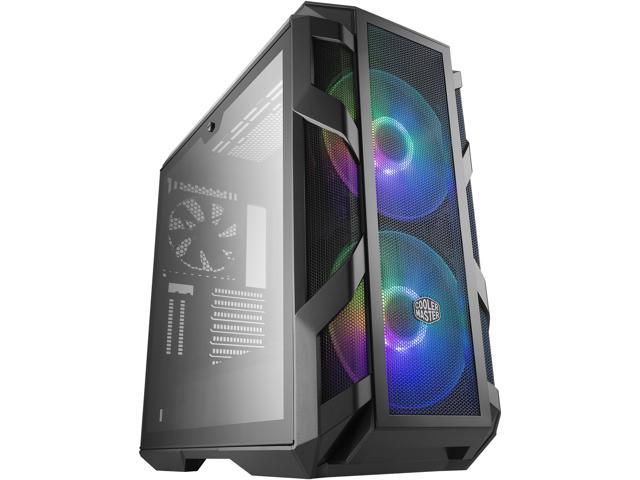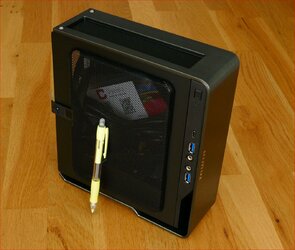- Joined
- May 17, 2012
Hey folks, I have been out of the loop for a while. The last PC I built was in 2018. It's the one I have now and it has a i7-9700k. I want to build a new one now. However, things have changed quite a bit since then. My main question is, what is a good case for todays standards? I am not building a gaming machine. I just want to build a regular machine with 13th Gen i5 or i3. Not looking to overclock either. There is no need for optical or 2.5" drives now either, right? It's all M.2 and USB it seems. Anyway, it has been my experience to not get a cheap case because they are a head ache to build with. Any help would be greatly appreciated.


